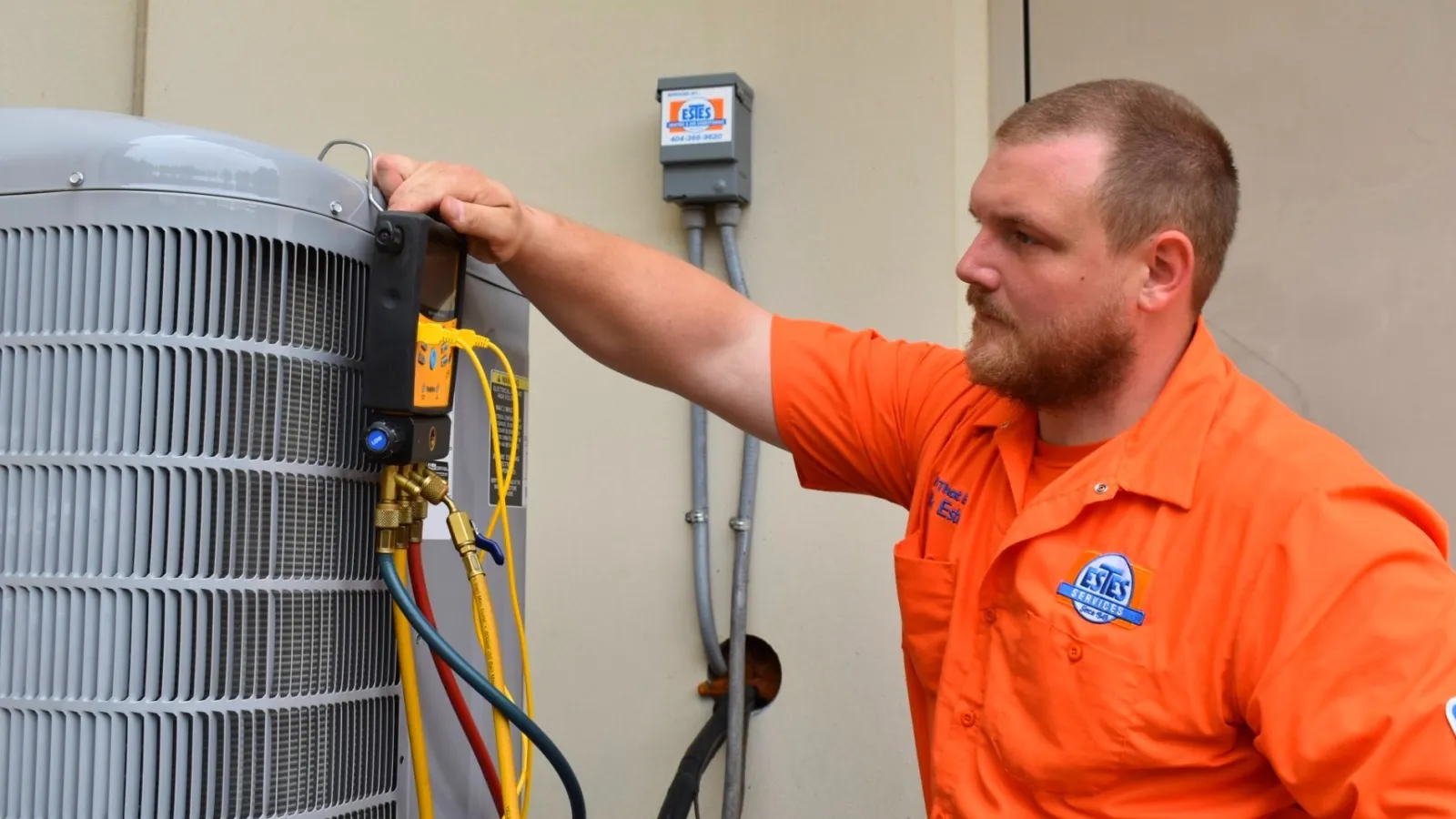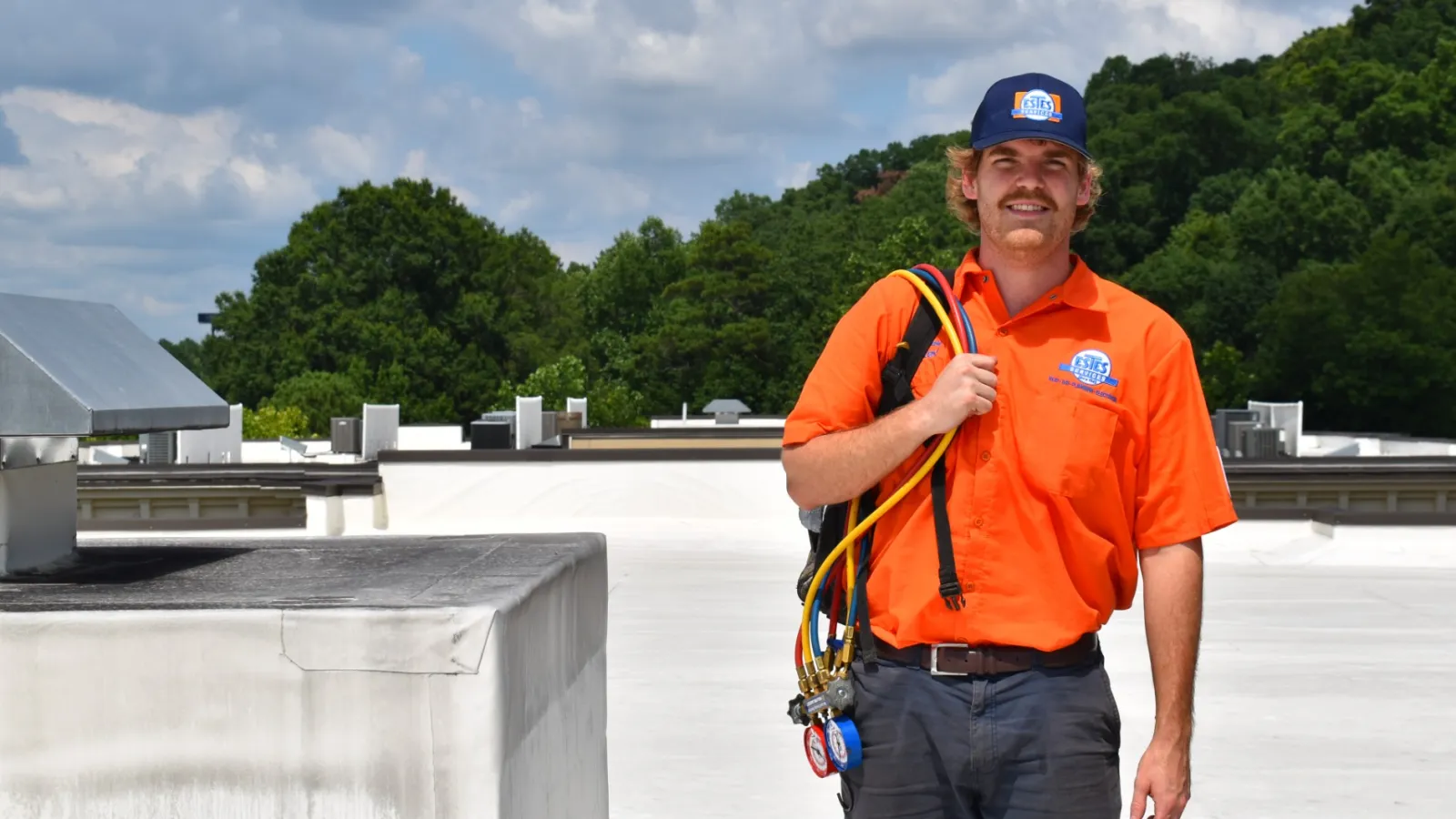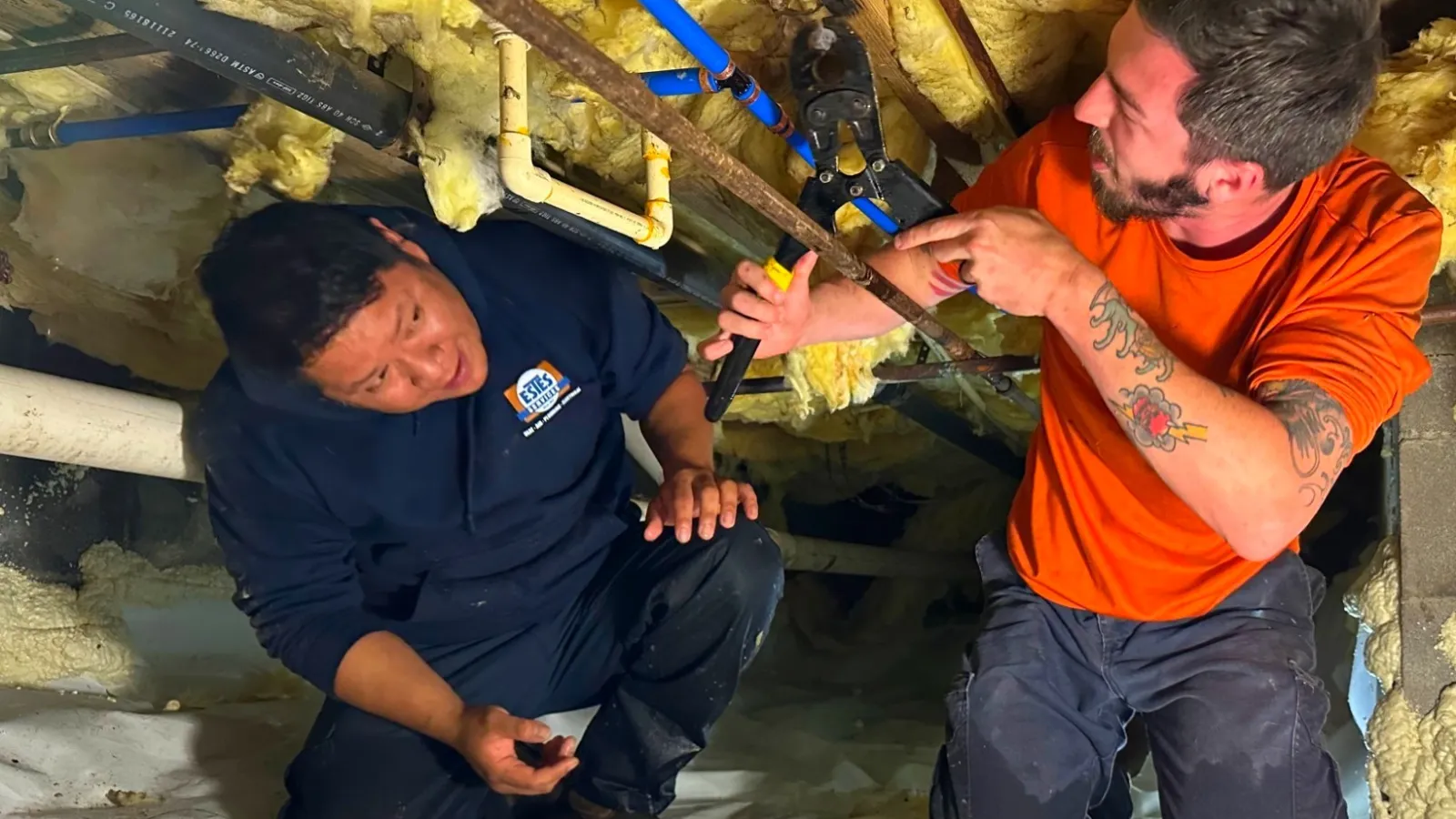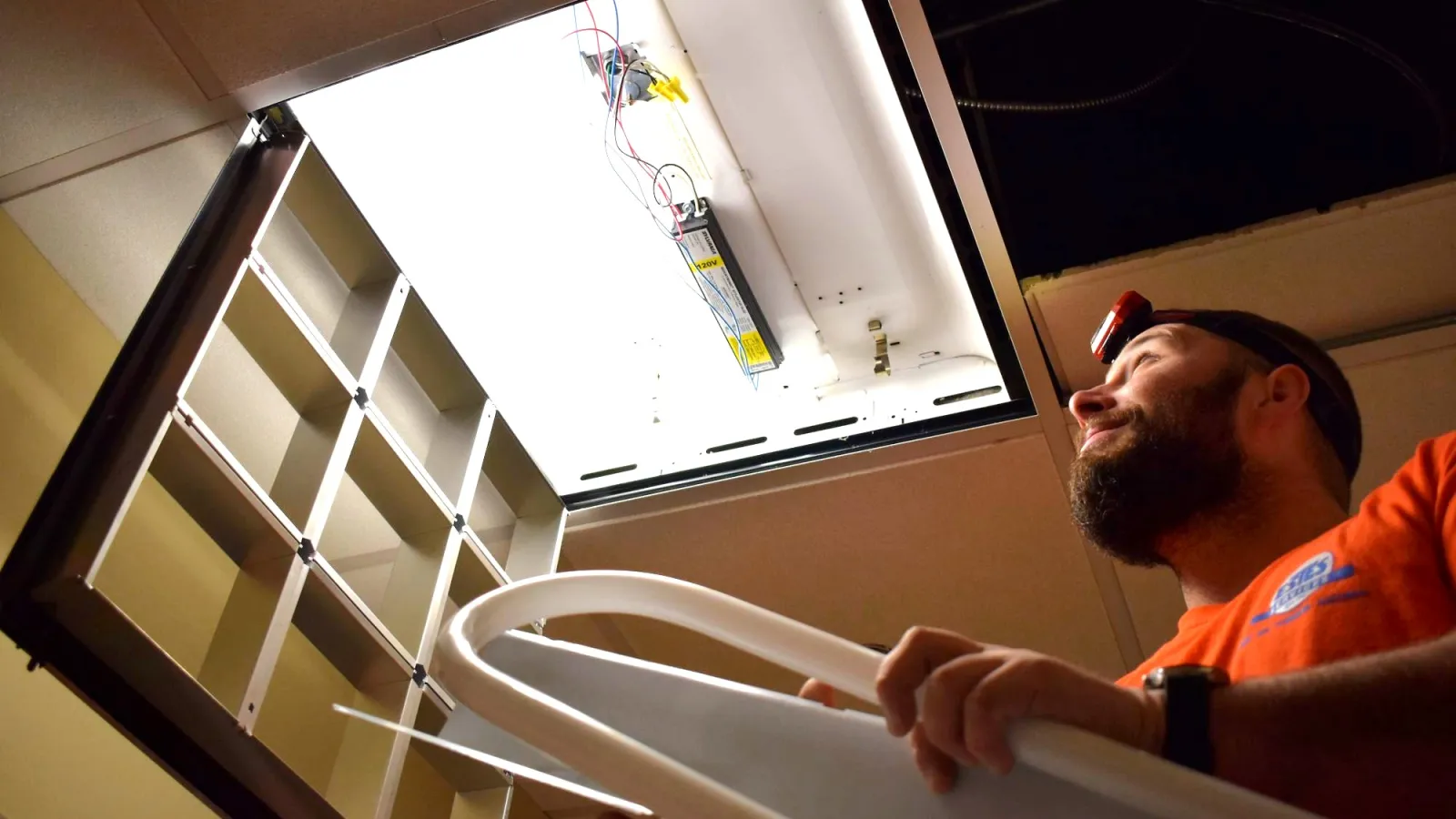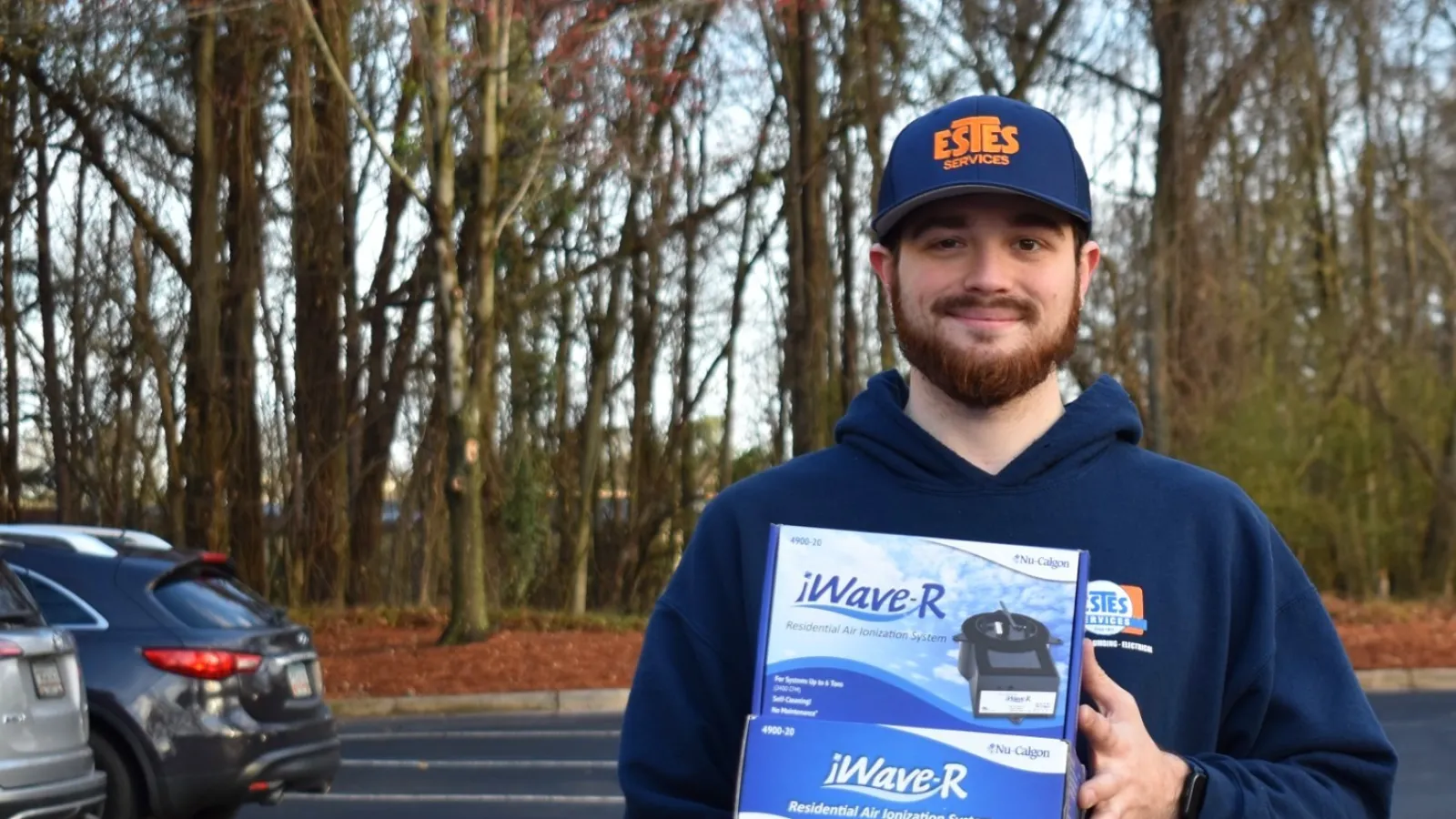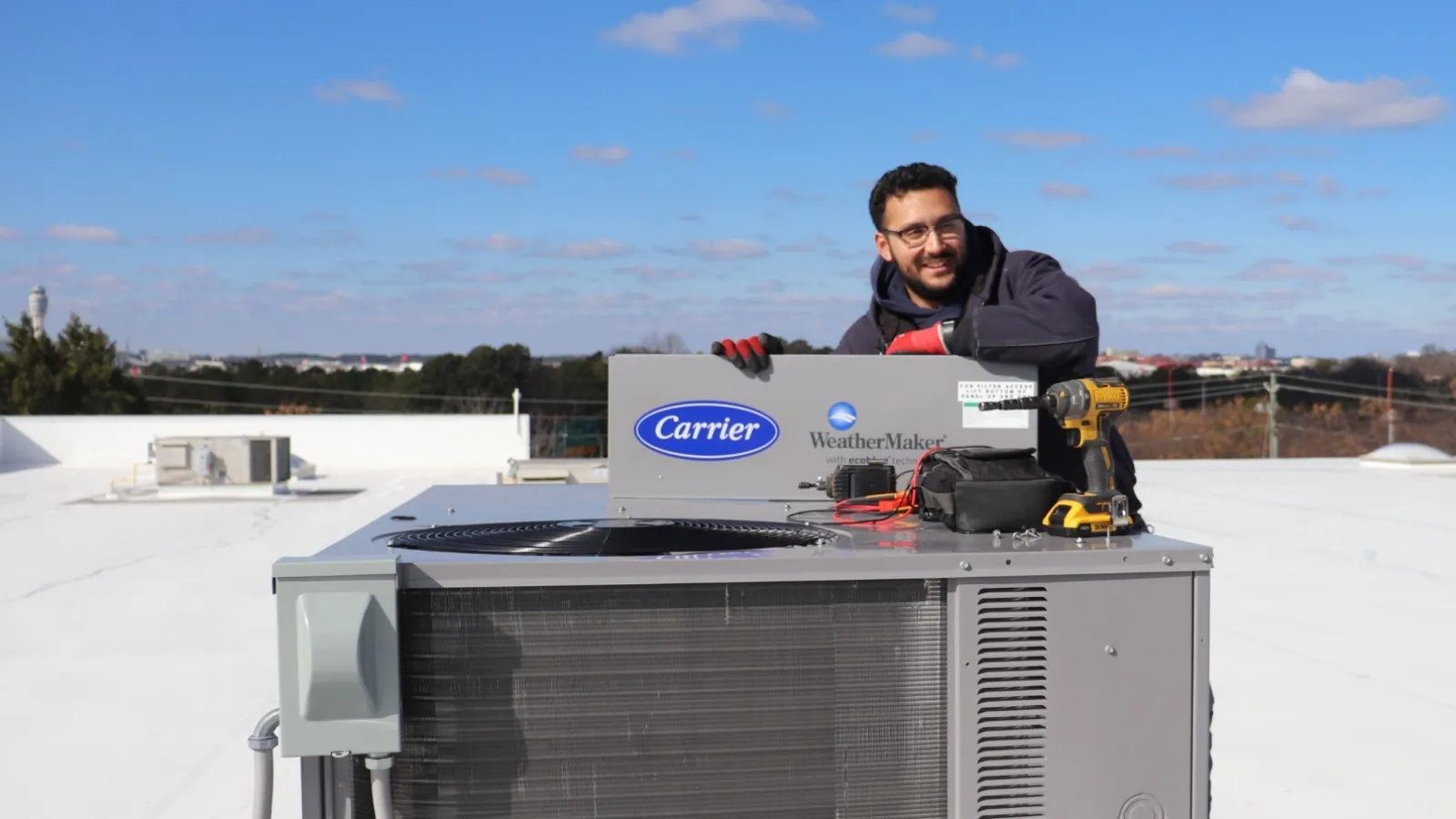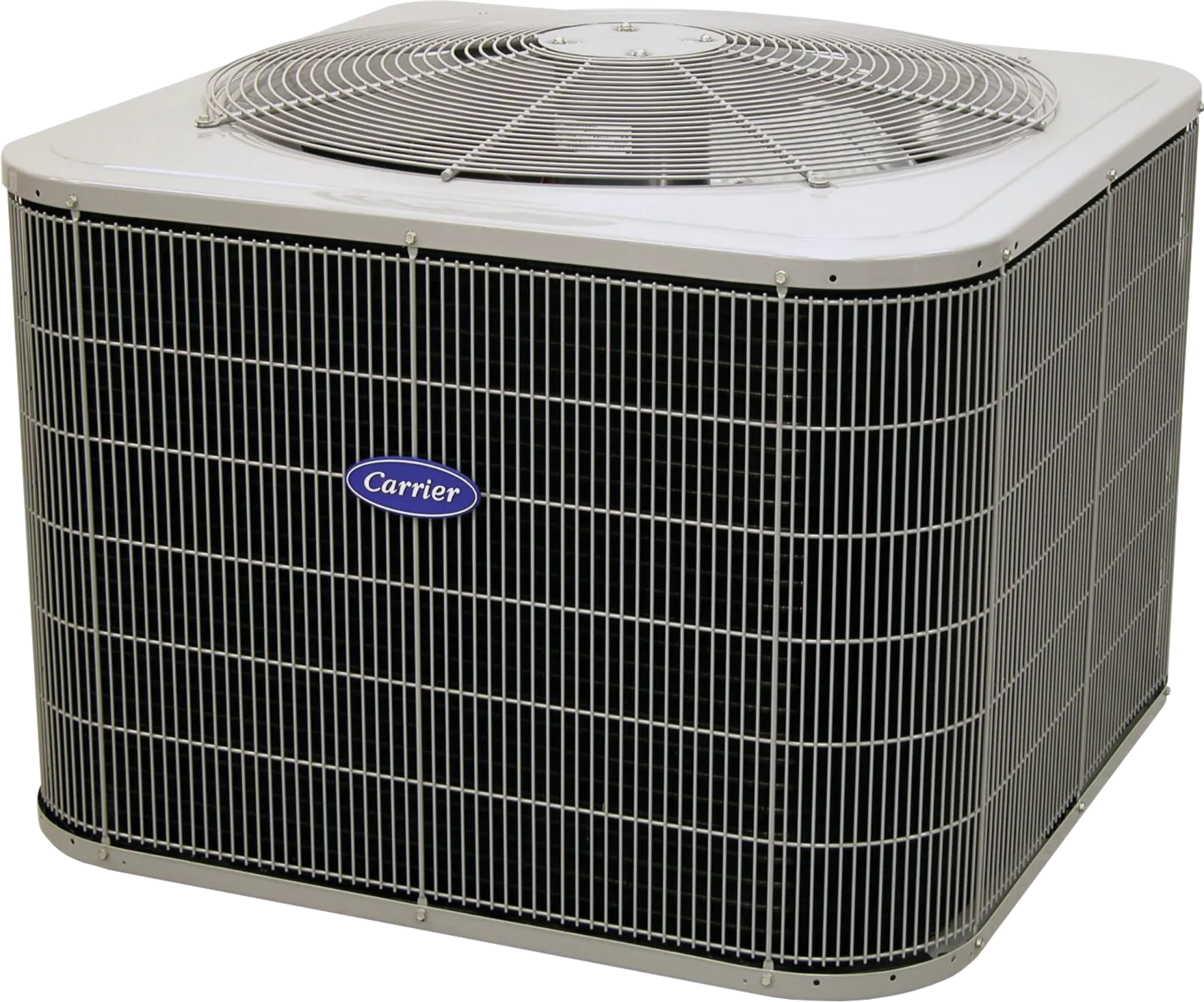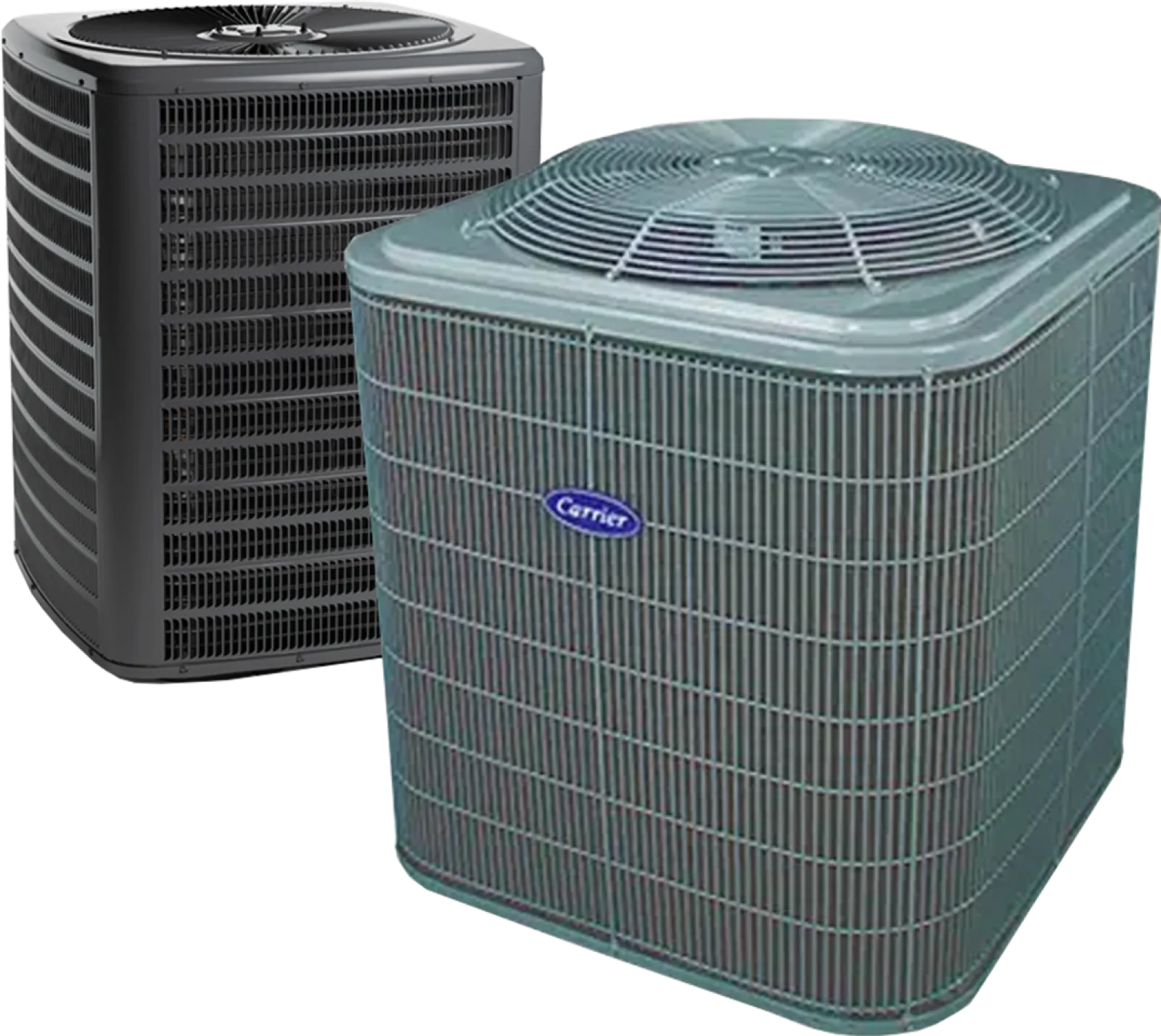Atlanta HVAC, Plumbing, and Electrical Contractor
Celebrating 75 Years of Excellence
Award-Winning HVAC, Plumbing, and Electrical Service in Atlanta
Local, Family-Owned Since 1949
Are you looking for an Atlanta HVAC, plumbing, and electrical contractor that ensures your comfort conveniently and easily? That's where we can help.
Estes Services is a three-generation, locally-owned and operated family business that is the leading provider of heat, air, plumbing, electrical, and indoor air quality services in Atlanta, GA.
For over 75 years, we have been providing comfort and efficiency with top-quality service for residential and commercial properties throughout the greater Atlanta area.
We offer great maintenance membership plans, exciting special offers & coupons, and special financing for your service, repair, maintenance, or installation needs. When our work is complete, you will be saying: It's that Easy; It's Estes!
Explore Our Services
Installations & Repairs
that Stand the Test of Time
Whatever you need, Estes Services has you covered.
Explore Our Great Maintenance Membership Plans
Increase Your Comfort and Peace-of-Mind
Check Out Our Latest
Special Offers & Coupons
We aim to keep your home and businesses safe and comfortable.
FREE HVAC SYSTEM ESTIMATES!
SET AN APPOINTMENT AND WE WILL HELP YOU TO FIND THE BEST HEATING AND COOLING EQUIPMENT FOR YOUR BUSINESS OR HOME.
OFFER VALID FOR LIMITED TIME
PrintUP TO $2,700
IN REBATES ON FULL QUALIFYING CARRIER INFINITY SYSTEMS OR SPECIAL FINANCING
SUBJECT TO CREDIT APPROVAL. MENTION THE COUPON AT THE TIME OF BOOKING, AND IT MUST BE PRESENTED AT THE TIME OF SERVICE. LIMIT ONE SYSTEM PER OFFER. IT CAN NOT BE COMBINED WITH ANY OTHER COUPONS, SPECIAL OFFERS, OR GROUP DISCOUNTS. NOT VALID ON PREVIOUS PURCHASES. OFFER VALID FOR A LIMITED TIME.
PrintFREE WATER HEATER ESTIMATES!
SET AN APPOINTMENT AND WE WILL HELP YOU TO FIND THE BEST WATER HEATER FOR YOUR HOME AND YOUR BUDGET.
OFFER VALID FOR LIMITED TIME
PrintFREE PANEL INSPECTION
MENTION THE COUPON AT THE TIME OF BOOKING, AND IT MUST BE PRESENTED AT THE TIME OF SERVICE. LIMIT ONE SYSTEM PER OFFER. IT CAN NOT BE COMBINED WITH ANY OTHER COUPONS, SPECIAL OFFERS, OR GROUP DISCOUNTS. NOT VALID ON PREVIOUS PURCHASES. OFFER VALID FOR LIMITED TIME
Print
A Tradition of Integrity & Quality
"N.B. would do whatever it took to satisfy the customer because he knew without the customer he would have no business!"
N.B. Estes
Founder
"Bo Knows"
Estes Education Center
Helpful tips and insights to improve your comfort, safety, and efficiency
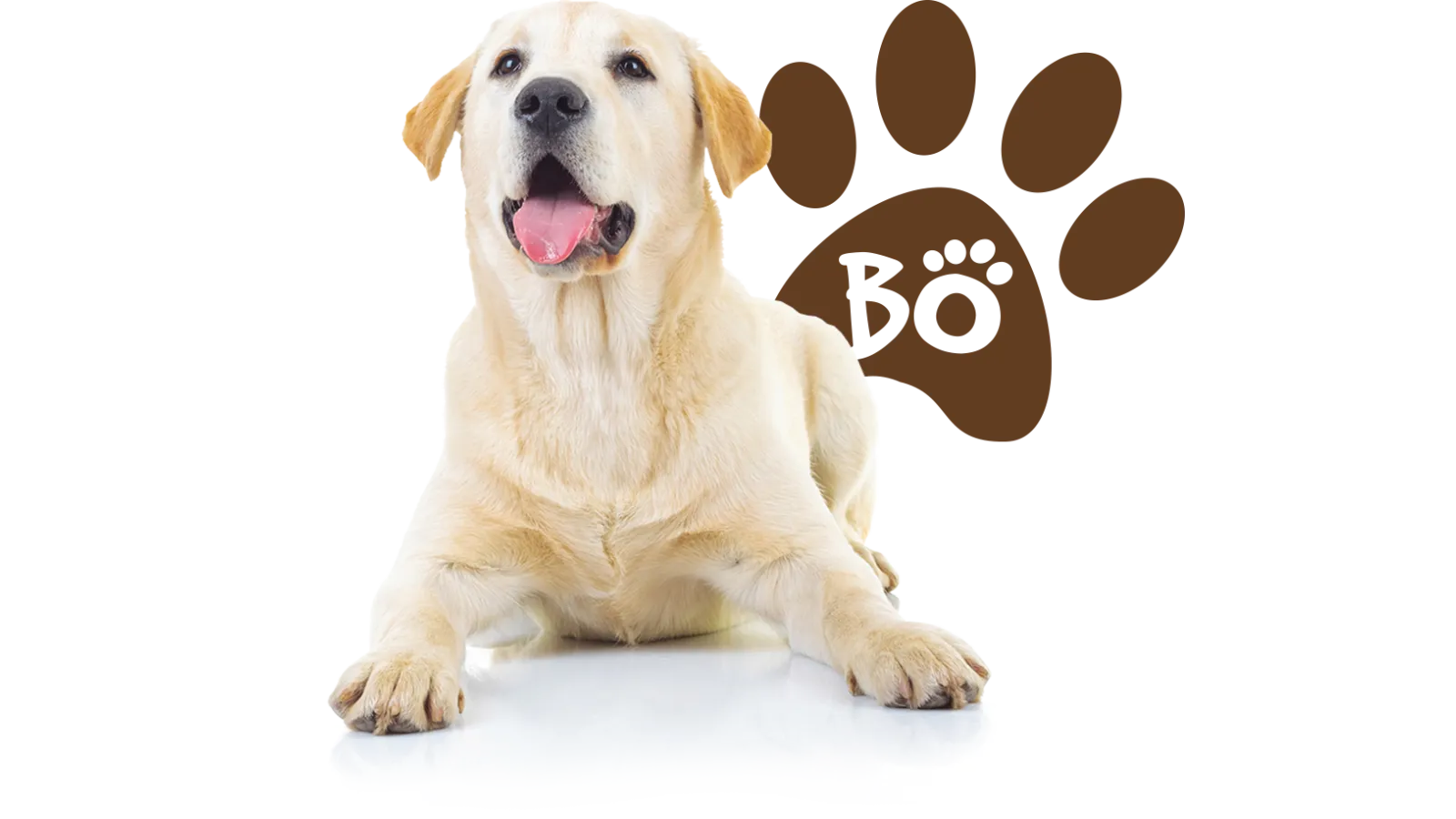
Meet Bo
Metro Atlanta has seen our trademark yellow lab in some Estes Services advertisements. The first was Jake, who created the brand and represented Estes Services for seven years, always willing to do whatever was needed to help the team! It was a sad day when he died of cancer at 11. By that time, thousands of people had seen his smiling face, and many called to ask, "What happened to Jake." Little did they know that young Bo was waiting in the wings. Since then, he helped us convey many messages, always willing to work for a pat on the head and a few dog bones.
